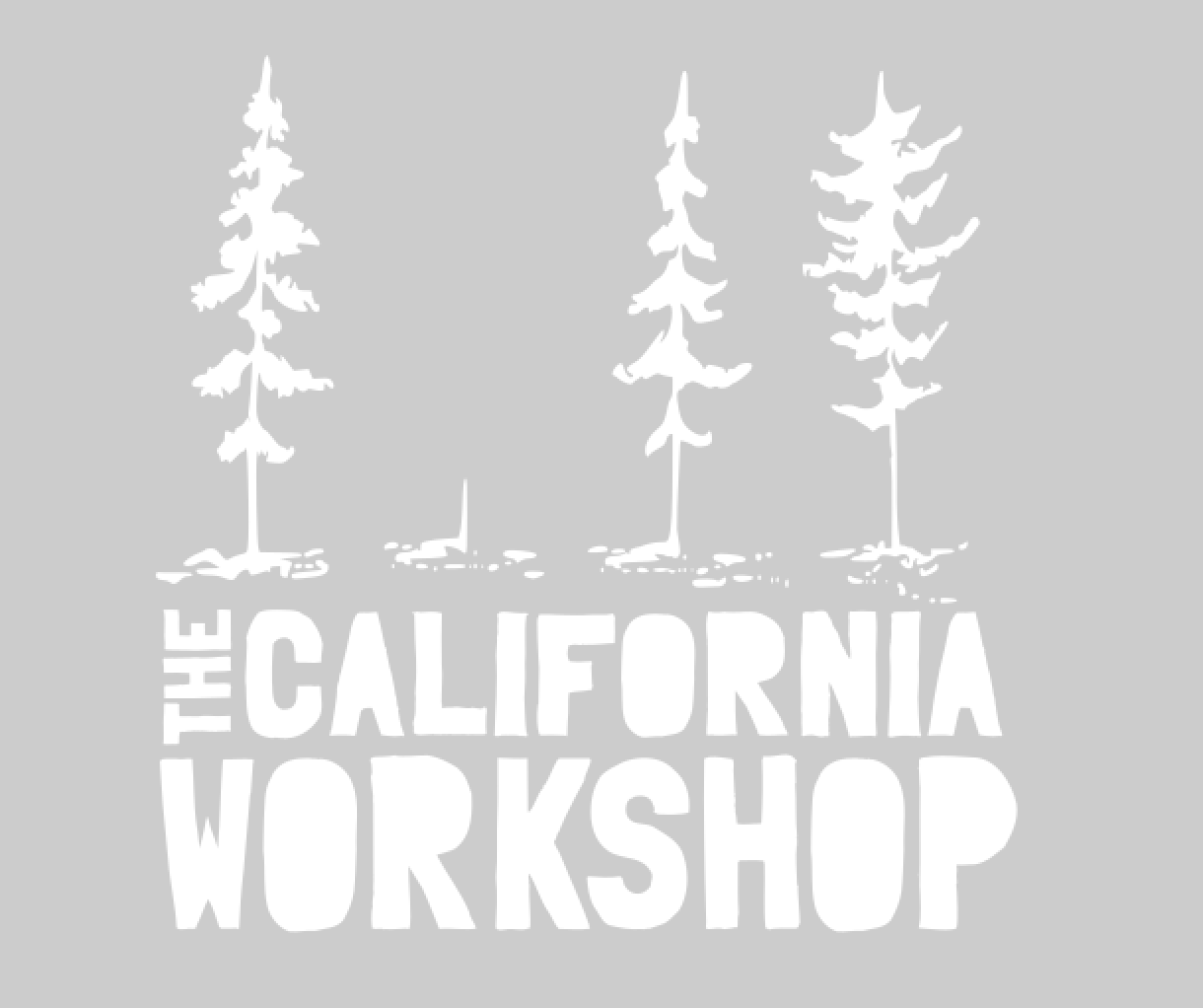John Ruskin, 1819-1900
I've heard it said that people who write clearly think clearly. John Ruskin wrote clearly...and he wrote plenty on plenty of subjects. He published books, essays and poems on economics, labor, justice, nature, art, politics, architecture, travel and even a lovely fairy tale. It's difficult to get beyond the surface of an exploration into craft without the contributions of John Ruskin. His writings are widely credited with William Morris and others for inspiring the Arts & Crafts Movements in Europe, North America and Japan.
He was an uncompromising social critic in a way that is barely recognizable today. For example, I have always been confused by the contradictions between the modern Western Christian lifestyle and the teachings of Christ in the new testament. John Ruskin sums it up like this:
"I know of no previous instance in history of of a nation's establishing a systematic disobedience to its professed religion. The writing which we (verbally) esteem as divine, not only denounce the love of money as the source of all evil, and as an idolatry abhorred of the Deity, but declare mammons service to be the accurate and irreconcilable opposite of God's service: and, whenever they speak of riches absolute, and poverty absolute, declare woe to the rich, and blessings to the poor." -John Ruskin, Unto This Last
Plenty of people were offended by this but Gandhi was so strongly influenced by Unto This Last that he went to live in a commune and translated it into his native Gujarati.
Ruskin also argued that the "science" of political economy espoused by John Stuart Mill and others failed to consider the social affections that bind communities together. Here he offers a few words on the brilliant innovation of division of labor in our new industrial economy:
We want one man to be always thinking, and another to be always working, and we call one a gentleman, and the other an operative; whereas the workman ought often to be thinking, and the thinker often to be working, and both should be gentlemen, in the best sense. As it is, we make both ungentle, the one envying, the other despising, his brother; and the mass of society is made up of morbid thinkers and miserable workers. Now it is only by labour that thought can be made healthy, and only by thought that labour can be made happy, and the two cannot be separated with impunity. — John Ruskin, Cook and Wedderburn
So here we are left questioning the teachings of our elders. In just the way that Emerson would have encouraged us to do. Questioning the assumption that it is desirable and virtuous to rise above labor and become a professional thinker, wondering if our modern ideas about Christianity, profit and commerce are morally sound. I'm nearly certain they are not so I'm going to go make a chair...
Click on the title to comment on this or any of our posts.

